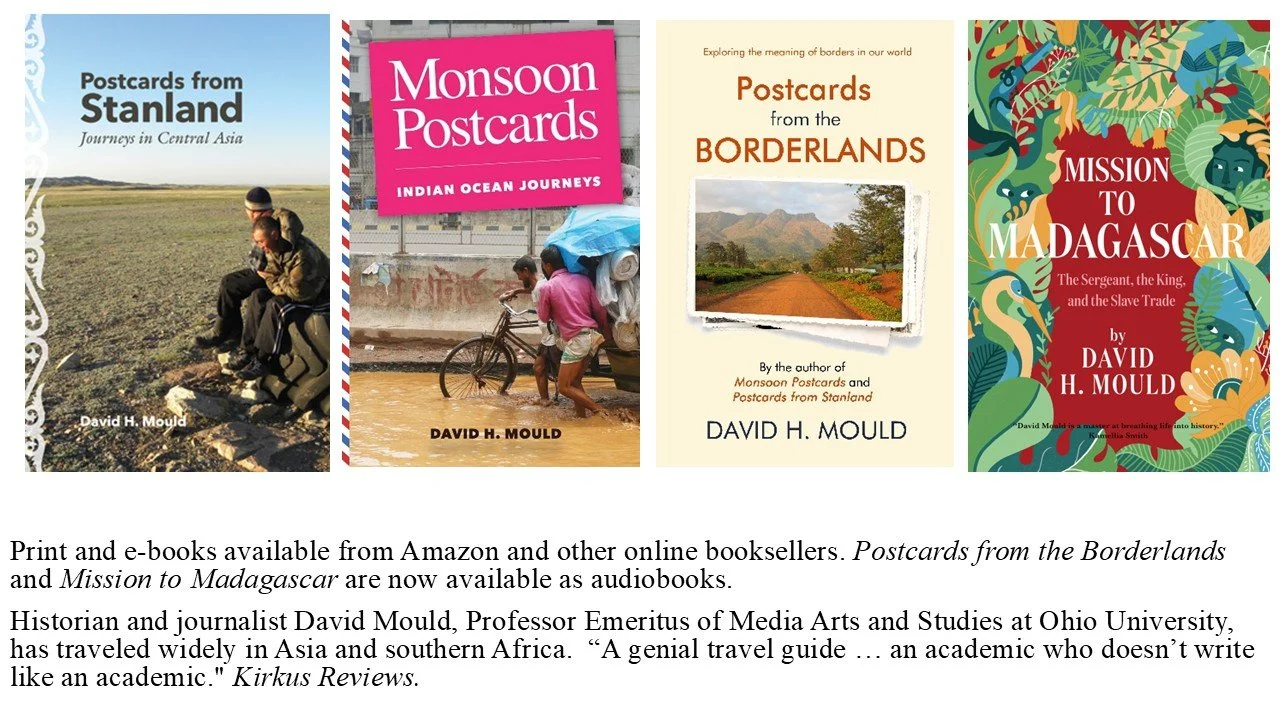The city of Jessore in western Bangladesh, with its winding alleys and lively markets, has always been commercially and strategically important. It is a transportation hub, where the main north-south road from Rajshahi and Kushtia to Khulna crosses the east-west highway to India. The frontier at Benapole, an untidy cluster of hotels, restaurants, warehouses and transport facilities, is less than 30 miles west. In 1971, as Pakistan’s army battled Bangladeshi regular forces and mukhti bahini guerillas, millions of refugees fled west along this route to India—an exodus memorably described in Allen Ginsberg’s poem, September on Jessore Road. In early December 1971, Bangladeshi and Indian forces recaptured the city, a victory that set the stage for a rapid advance and the surrender of Pakistan’s forces.
Today, the Jessore road remains the main overland commercial route between the two countries. Trucks rumble west, carrying textiles, jute products such as rope and sacks, scrap metal and agricultural produce. Bangladesh imports coal, petroleum, chemicals, rice and manufactured goods, including cars and trucks. On the road south from Jessore to Khulna, we passed rail junctions where laborers off-loaded coal from trucks into rail cars, part of a supply chain that begins in the mines of Bihar and West Bengal and ends at the power stations that supply Dhaka’s garment factories and residents.
In contrast to the northern section of the road from Kushtia to Jessore, which is bordered by rice paddies, corn fields and mango plantations, the southern section is more industrial. The region has deposits of mica and bauxite and produces building materials; we passed the tall chimneys of brick kilns, cement plants and factories with rows of bicycles parked outside. The dull grey concrete buildings were interrupted by unexpected splashes of color—apartment blocks and commercial buildings painted from basement to roof in bright red or green, advertising cement, chips, tea and mobile phone services. Perhaps only in South Asia can you buy not only a roadside billboard, but a whole building to push your product. On some, an uplifting slogan was added to the product name and logo, a small dash of corporate social responsibility to atone for dunking yet another block in company colors. It was nice to know that the company that sold you chips also believed that “The Learned are Judicious.”
Beyond the kilns and plants, the rice paddies stretched into the distance, irrigated by diesel-powered pumps drawing water from the aquifer. Along the road, lined with eucalyptus trees, peanuts were laid out on tarpaulins to dry. The most important cash crop in this region is shrimp, raised in fresh and saltwater ponds; we saw blue nets stretched across the ponds and small fields of red—harvested shrimp drying in the sun. Logs were piled on the roadside, ready to be fashioned into furniture. South of Khulna is the Sundarbans, the delta area with the largest continuous mangrove forest in the world. It is home to deer, wild boar, otter, saltwater crocodiles, river dolphins and the last surviving Bengal tigers. Officially, it’s a protected area, but its vastness and lack of roads make it difficult to police. Illegal logging has become a lucrative industry.
Khulna, where we stayed overnight after a visit to the university, is an old river port on a distributary of the Padma. It used to be a center of the jute industry, but today shrimp is its major export. With a population of just over one million, it’s the third largest city in Bangladesh, but a distant third; Dhaka has a population of 8.5 million and Chittagong 4.5 million. It’s still a bustling place, crowded with trucks, buses, auto rickshaws and cars. We stayed at the City Inn, a three-star establishment with a temperamental elevator that promoted itself as the “symbol of elegance.”
From UNICEF’s perspective, there’s a lot to do in western Bangladesh. Poverty rates are high, and many children suffer from poor nutrition. Overall, the country has improved its maternal and childhood mortality rates, but some western districts are lagging. Many children work in agriculture and small industry, so child labor is an issue. On the other hand, why would parents send their children to school when the quality of primary education is low, and poorly-paid teachers sometimes don’t show up for class? The government’s failure to provide education, health and social services has created needs that are partly filled by development agencies and by the mosques which operate madrassas.
I was told there were Islamic State-affiliated training camps in this region where young Muslim men are radicalized and sent to Iraq or Syria. At the Islamic University of Kushtia, which has a large department of religious studies, I trod carefully in my discussions with faculty members. I need not have worried because they were typical academics, contemptuous of all authority.
I would have likely faced more hostility from the motorcycle gang we passed on the road near Jessore, waving red flags. The region, like its Indian neighbor West Bengal, is a stronghold of the Communist Party. I thought the bikers all looked rather revolutionary chic—sooooo Che Guevara with their red bandanas embossed with the hammer and sickle. But I was not about to stop and commend them on their sense of fashion.




